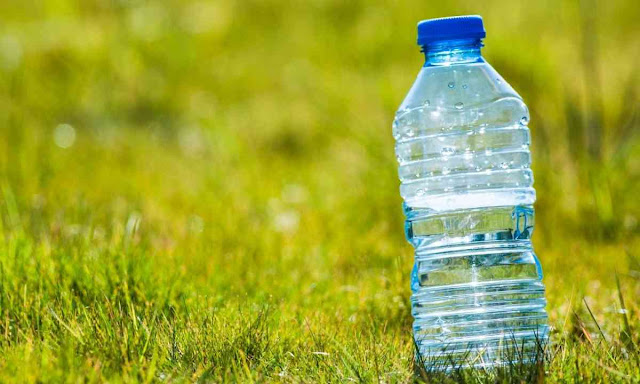 |
| Eco Friendly Water Bottle Market |
The global Eco Friendly Water Bottle Market is estimated to be valued at US$ 7.91 billion in 2023 and is expected to exhibit a CAGR of 9.9% over the forecast period 2023-2030, as highlighted in a new report published by Coherent Market Insights.
Market Overview:
Eco friendly water bottles are designed to reduce environmental impact by being
reusable and free from harmful chemicals. These bottles are made from materials
such as stainless steel, glass, and BPA-free plastic, which are considered more
sustainable alternatives to conventional single-use plastic bottles. The
growing consumer awareness regarding the environmental consequences of plastic
pollution has driven the demand for eco friendly water bottles. The advantages
of these products include reduced waste generation, decreased plastic
consumption, and lower carbon footprint. The need for eco friendly water
bottles is driven by the increasing focus on sustainable lifestyles and the
desire for eco friendly alternatives to single-use plastic bottles.
Market Key Trends:
One key trend in the eco friendly water bottle market is the increasing
adoption of stainless steel bottles. Stainless steel bottles offer durability,
resistance to breakage, and the ability to keep beverages hot or cold for
extended periods. These bottles do not impart any taste or odor to the water,
making them a popular choice among health-conscious consumers. The stainless
steel material is also non-toxic and 100% recyclable, further enhancing its eco
friendliness. With the rising concerns about plastic pollution, consumers are
shifting towards stainless steel bottles as a sustainable and long-term
solution. The growing popularity of outdoor activities and sports also contributes
to the demand for stainless steel bottles, as they are highly durable and
resistant to accidental drops or impacts.
PEST Analysis:
Political: The political factors in the eco-friendly water bottle market
include government regulations and policies related to environmental
sustainability. Governments are increasingly promoting the use of eco-friendly
products, which can drive the demand for eco-friendly water bottles. However,
political instability or changes in government policies can pose challenges for
the market.
Economic: Economic factors such as disposable income, consumer purchasing
power, and economic growth play a significant role in the demand for
eco-friendly water bottles. As the economy grows and consumers become more
conscious about the environment, they are willing to invest in sustainable
products like eco-friendly water bottles. However, economic downturns or
fluctuations in currency exchange rates can impact consumer spending on such
products.
Social: Social factors encompass consumer preferences, awareness about
environmental issues, and lifestyle trends. Growing concern about plastic
pollution and the need for sustainable alternatives is driving the demand for
eco-friendly water bottles. Changing consumer lifestyles, such as an increasing
focus on health and fitness, also contribute to the market growth.
Technological: Technological advancements, such as the development of
innovative materials and manufacturing techniques, are driving the evolution of
eco-friendly water bottles. Companies are investing in research and development
to create durable, lightweight, and safe alternatives to single-use plastic
bottles. Additionally, digital technologies and e-commerce platforms are making
it easier for consumers to access and purchase these products.
Key Takeaways:
The global Eco
Friendly Water Bottle Market Growth is expected to witness high growth,
exhibiting a CAGR of 9.9% over the
forecast period from 2023 to 2030. This growth can be attributed to increasing
awareness about the harmful environmental impacts of plastic bottles and a
shift towards sustainable alternatives. Rising government initiatives and
regulations promoting eco-friendly products also contribute to market
expansion.
In terms of regional analysis, North America is expected to be the
fastest-growing and dominating region in the eco-friendly water bottle market.
This can be attributed to the increasing consumer awareness about
sustainability, along with the presence of key players in the region. The
demand for eco-friendly water bottles is also fueled by outdoor activities and
a growing fitness culture in North America.
Key players operating in the eco-friendly water bottle market include Camelbak,
Nalgene, Sigg, Klean Kanteen, Thermos, Contigo, O2COOL, Brita, Bobble, Vapur,
Grayl, Hydro Flask, Lifefactory, Bkr, Que, Takeya, Polar Bottle, Glass Dharma,
Aquasana, and Corkcicle. These players offer a wide range of eco-friendly water
bottles with innovative designs and features, catering to the diverse
preferences of consumers. Their continuous efforts in research and development,
product innovation, and marketing strategies contribute to their market
presence and growth.
Read More,
https://www.newsstatix.com/eco-friendly-water-bottle-market-trends-size-and-share-analysis/



0 Comments